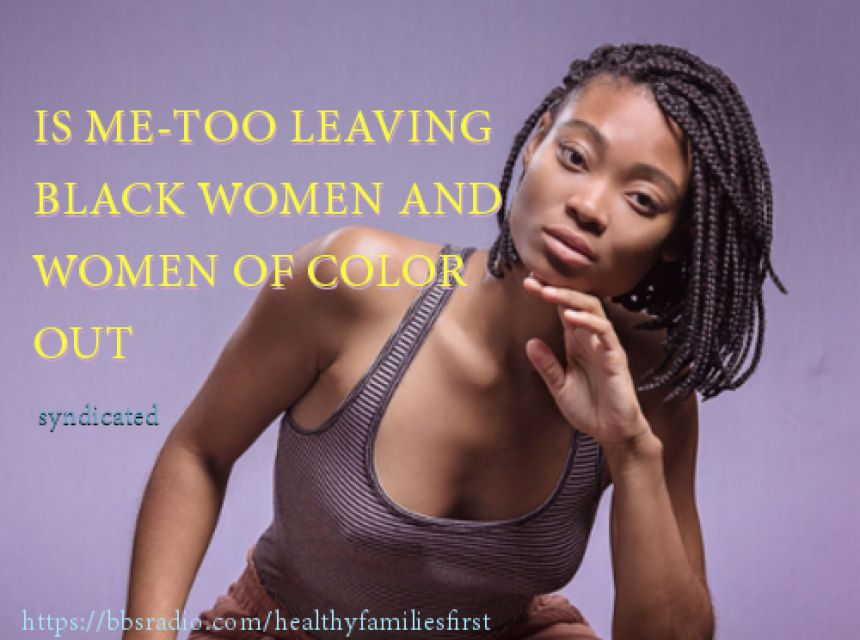Burke and others have been working in the #MeToo movement since 2006, providing support to survivors of sexual violence, with a particular focus on black women and low-income communities.
"I am encouraged to pass this article along. It is most profound and correct in its synergy and space. To all women: enjoy the good read!"
Dr. Rachel Leah
It is also the language in which you choose to respond. “When I first started Me Too, young people had no language to talk about this,” she says. “And that’s something I’ve seen change; young people have a way to talk about it now. Hearing the words ‘rape culture’ doesn’t seem foreign to them.” You can dislike the tone of this language; you can find it aggressive, or vague, or wide-reaching, but there is no doubt that to the person drenched in shame, hearing the words “rape culture” communicates at the most basic level: it isn’t your fault.
After Weinstein, Burke’s slogan was adopted overnight by people sharing their experiences of rape and sexual assault. The women’s activist is using her high profile to help the young women she has spent decades fighting for – those who have suffered abuse, and don’t have a voice
by Emma Brockes Portrait by Ali Smith
Between Time magazine and the Golden Globes, Burke’s profile is continuing to grow, and she is determined to rise to the demands. “Inherently, having privilege isn’t bad,” she says, “but it’s how you use it, and you have to use it in service of other people.” For what feels like the first time, the privilege she is referring to is her own, and it is the privilege of an extremely large audience. “Now that I have it, I’m trying to use it responsibly,” she says. “But if it hadn’t come along I would be right here, with my fucking Me Too shirt on, doing workshops and going to rape crisis centres.” She gives a huge laugh. “The work is the work.”
Repub: https://www.theguardian.com/world/2018/jan/15/me-too-founder-tarana-burke-women-sexual-assault








